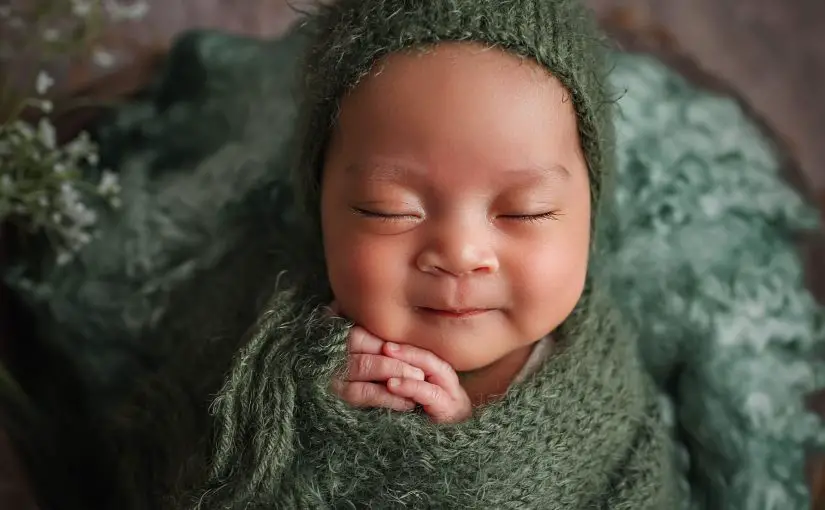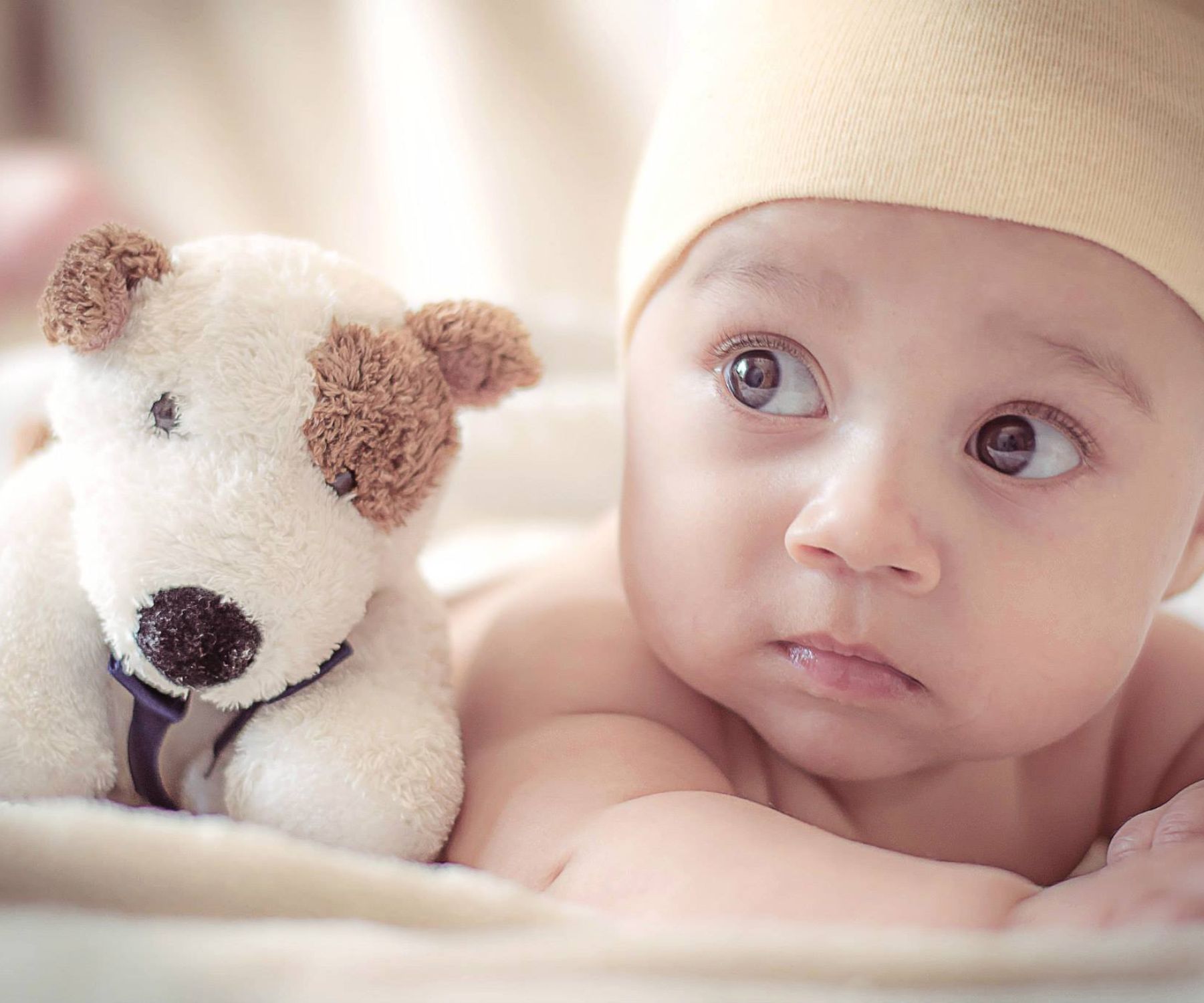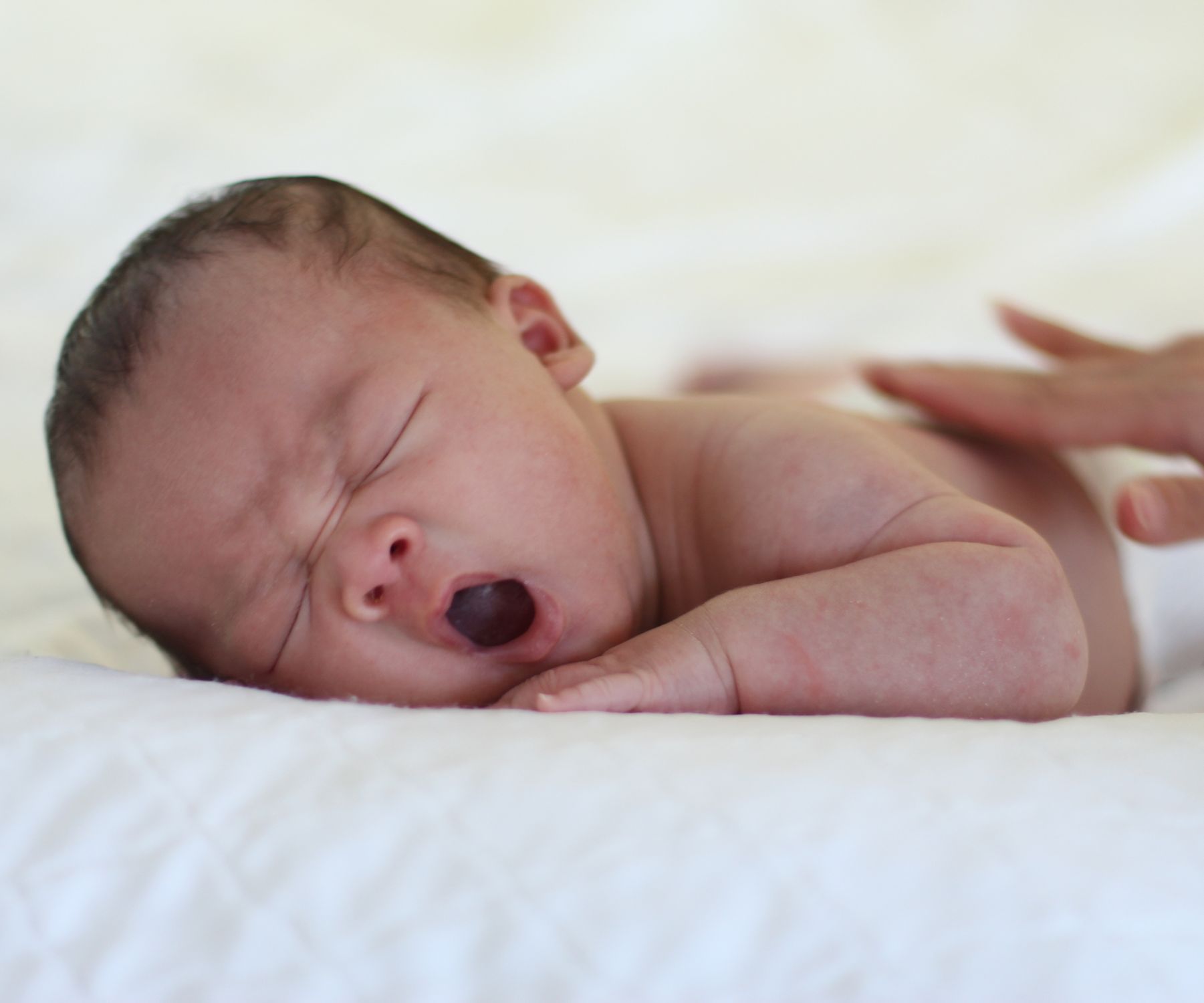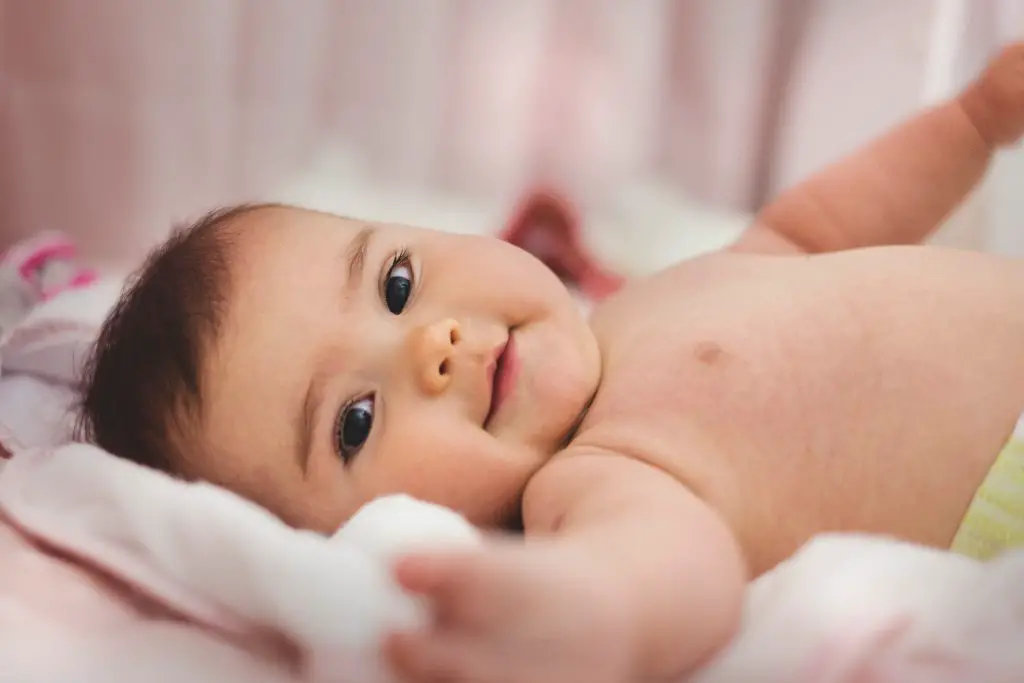Table of Contents
Why An Air Purifier Is Beneficial For Your Baby’s Health
Using an air purifier can greatly improve indoor air quality and provide numerous health benefits for babies. Poor indoor air quality can aggravate breathing issues, allergies, and illness in infants. An air purifier filters out pollutants, allergens, and irritants to create a cleaner, safer environment for your little one.
Benefits of Using an Air Purifier for Your Baby
- Removes Allergens – Air purifiers filter out common allergens like dust, pet dander, pollen, and mold spores. This helps reduce allergy and asthma triggers for babies.
- Eliminates Odors – Purifiers absorb and remove stinky odors from pets, diapers, cooking, and smoke.
- Reduces Exposure to VOCs – Volatile organic compounds (VOCs) emitted from paint, cleaning supplies, and fabrics can irritate young respiratory systems. An air purifier filters these vapors out.
- Lessens Risk of SIDS – Some studies suggest improving indoor air quality may lower a baby’s risk of sudden infant death syndrome (SIDS).
- Promotes Better Sleep – Removing allergens and irritants from the nursery air can help your baby breathe and sleep more soundly.
- Helps Fight Illness – Eliminating airborne germs and viruses reduces your baby’s exposure to bacteria that cause common colds, flu, RSV, and other illnesses.
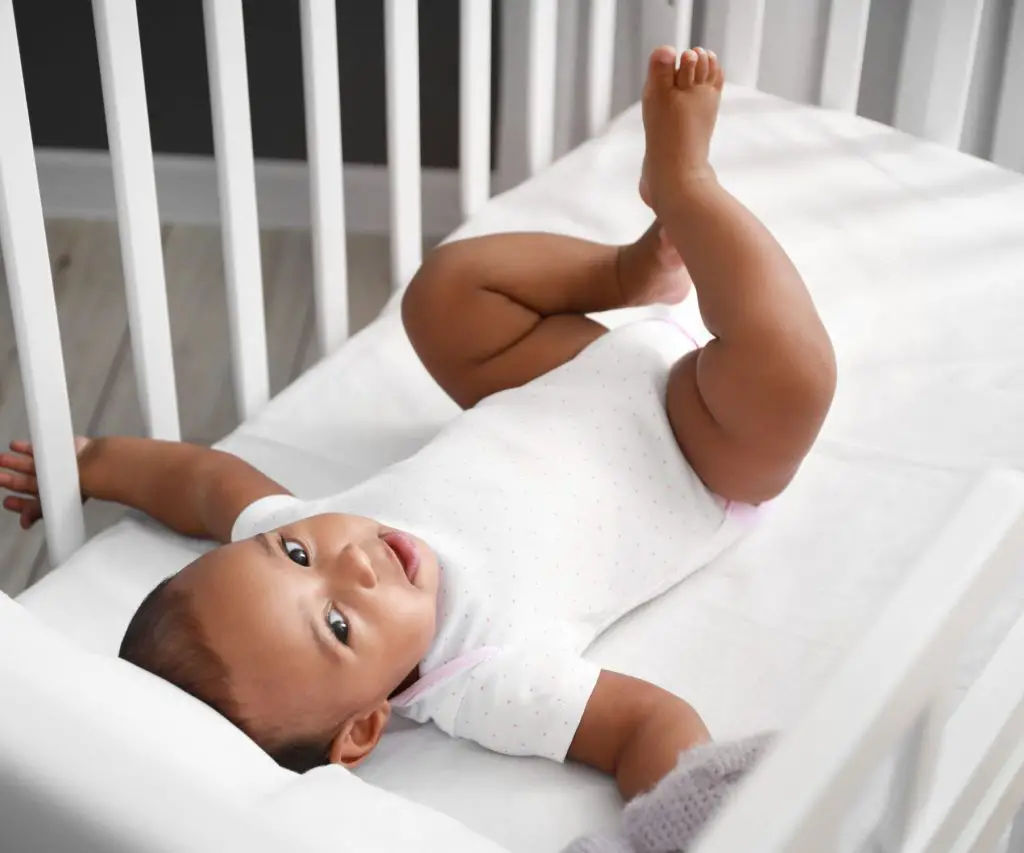 Choosing the Best Air Purifier for Your Baby’s Room
Choosing the Best Air Purifier for Your Baby’s Room
Look for a high-quality air purifier specifically designed for use in nurseries and children’s rooms. Key features to look for include:
- True HEPA filtration to remove 99.97% of particles 0.3 microns in size.
- Activated carbon filter to absorb odors, gases, and VOCs.
- Air changes per hour (ACH) rating of at least 2-4 for optimal effectiveness.
- Quiet operation so as not to disturb your sleeping baby.
- Coverage area of at least 155 square feet to accommodate cribs and play areas.
- optional humidifier to add moisture to dry air.
- Smart sensors that automatically adjust settings as needed.
Placing the purifier near your baby’s crib but away from direct airflow is ideal. Change filters regularly as recommended by the manufacturer. With a high-quality purifier running in your nursery, you can feel confident your baby is breathing cleaner, healthier air.
Examples of Air Purifiers Benefiting Babies
Reducing Asthma Flare-Ups: Michelle noticed her 8-month old son Jacob had frequent coughing fits and wheezing at night. After installing an air purifier in the nursery targeting allergens, Jacob’s asthma symptoms improved dramatically with less flare-ups.
Alleviating Allergy Symptoms: Despite giving up pets, Laura’s baby girl Sophia kept getting runny noses, itchy eyes, and rashes. An air purifier with a true HEPA filter removed lingering pet dander and other allergens, making a huge difference in Sophia’s allergic reactions.
Lessening Risk of RSV: When busy cold and flu season hit, Amanda took steps to sanitize surfaces and air to protect her premie twins from illness. Using an air purifier in the nursery helped minimize the babies’ exposure to airborne germs and RSV.
FAQ
How does an air purifier help my baby breathe easier?
Air purifiers remove microscopic allergens, pollutants, and irritants from the air that can trigger breathing issues and illness in infants. This creates a cleaner environment for babies to breathe in.
Will an air purifier get rid of second-hand smoke around my baby?
While not eliminating it completely, a good air purifier will greatly reduce second-hand smoke exposure. Activated carbon filters absorb smoke particles and gases while HEPA filters capture very fine particulates from tobacco smoke.
Where is the best place to put an air purifier in a baby’s room?
Put the air purifier close to your baby’s crib but not right next to it. Avoid direct air flow on your sleeping baby. An optimal location is across the room from the crib or on a dresser about 5-6 feet away.
Can air purifiers help lower a baby’s risk of SIDS?
Some studies suggest improving indoor air quality may help reduce SIDS risk factors like respiratory infections and airway obstructions. More research is still needed, but operating an air purifier in the baby’s room as a precaution certainly can’t hurt.
How often do I need to change the filter in a baby air purifier?
Most filters need changing every 3-6 months, but always follow the manufacturer’s recommendations based on your model and usage. Don’t wait until the filter appears dirty, as particulate buildup affects performance over time.
What maintenance does an air purifier for baby require?
Replace filters regularly as directed. Wipe down the exterior occasionally with a damp cloth to keep clean. Check for any air intake blockages. Beyond that, air purifiers are relatively low maintenance devices.
Can I run an air purifier in my baby’s room 24/7?
Absolutely. Air purifiers are designed to run continuously. Let it do its job around the clock to maximize air cleaning results. Just be sure to turn off and service the purifier as needed.
For more information, visit the EPA’s guide to air cleaners.

